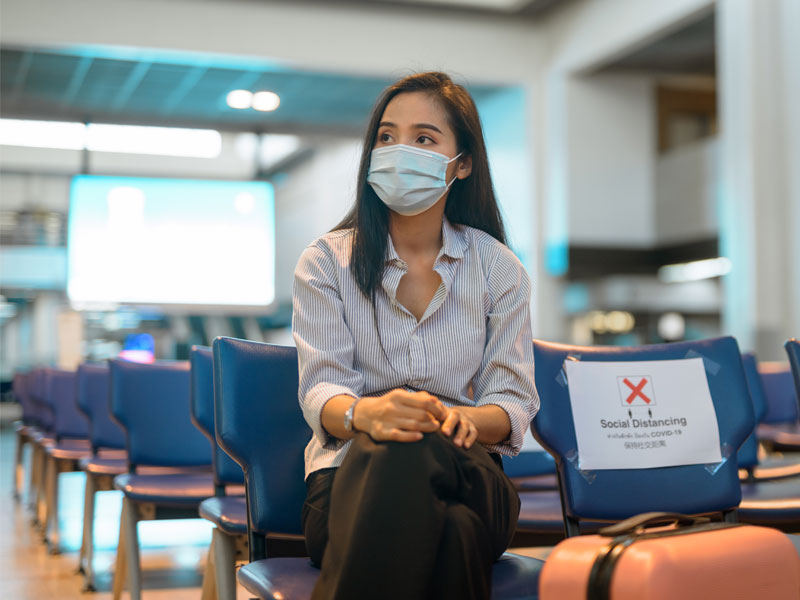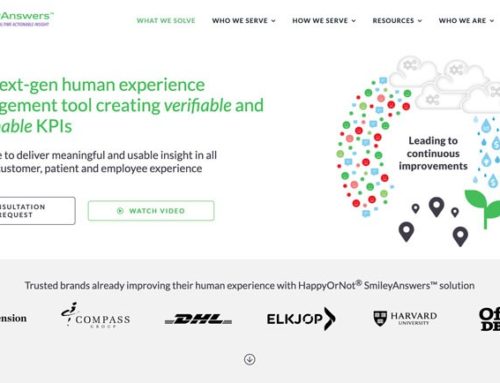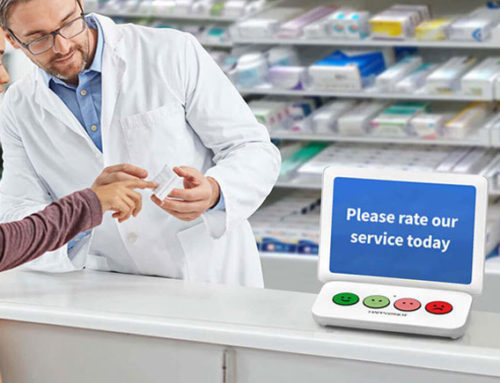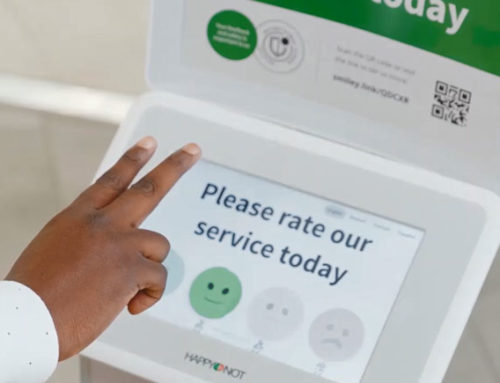As we move forward through this Covid-19 pandemic, human expectations and perceptions are changing rapidly. What used to be daily routines or a normal day are now times filled with uncertainty as we attempt to adapt to this new fast-changing environment. For many, it has caused what is termed crisis fatigue. It takes a lot of energy to be constantly looking out for personal safety versus performing our normal routines. With these changing expectations and perceptions, it becomes more difficult for organizations to understand personal perceptions of customers and employees. This is why it is so important now for organizations to be constantly listening during this crisis to improve the human experience.
Make it Simple to Listen
With so much energy being used to adapt to the current environment, it can become more difficult to capture important feedback from individuals. Filling out long surveys or any kind of feedback can be more than what a person wants to do. For this reason, having a simple way to collect the emotions of others is imperative to obtaining this important information. Individuals want their voice heard even though they may not want to go through the effort of providing that voice.
Improving the Human Experience
With so many changes happening, it can be difficult to keep up. Perspective taking and listening to others with empathy will go a long way to improving human experiences. Below are some areas to help build better relationships during this time of uncertainty.
Customer Experience – Recent research from Mckinsey shows consumer changes that have occurred since the beginning of the pandemic. Customers are shopping more online, switching brands when they cannot find the products they want, and they are becoming more home focused after the recent shutdowns. Other trends for the customer include the desire for cleaner stores and restrooms, better packaging, outstanding safety measures, and that brands show concern for their employees and the local community. Organizations can improve the human experience by listening in these areas:
- Safety – Each person has their own specific need for feeling safe.
- Empathy – Showing customers that you truly care what is important to them.
- Community – Building communities as we are in this pandemic together.
- Clean – Having extra attention on cleanliness to protect customers health.
- Availability – Have a way to obtain products or direct customers where they can go.
- Online – Put extra attention to digital touchpoints for better service.
- Compassion – For both patients and staff, compassion in times like the present is vital.
- Safety – Making sure patients and their families are safe when they are near facilities.
- Uncertainty – Reduce uncertainty for patients – including getting them familiar with telehealth.
- Communication – Having solid communication with patients so they know what to expect.
- Individual health – More attention to keeping people healthy during lockdowns.
- Safety – Keeping students and staff safe as we learn more about the Covid-19 virus.
- Education – Obtaining top education objectives during this stressful time.
- Community – In times of tough choices, emphasizing community to stay together on a shared goal.
- Childcare – Helping parents with flexible options to manage work and child needs.
- eLearning – Helping students become more familiar with online learning and its advantages.
- Communication – Everything is changing so fast, clear communication is so important now.
- Community – Build a together community as decisions will be constantly liked/disliked.
- Expectations – Due to safety guidelines, help citizens by setting expectations.
- Voice – Give citizens a voice to express and show them that you are listening.
- Empathy – Managing family, education, and job security puts a lot of stress on employees.
- Safety – Keep employees safe by having a clean workplace that follows current guidelines.
- Culture – Drive a together culture that brings community in the work place.
- Remote – Help those who are adapting to remote work and continue to communicate.
Listen Daily
With expectations and perceptions changing daily, it is important to constantly be seeking feedback. A week or two can quickly change perceptions which can make actions obsolete and incur more negative experiences. By having more feedback and information, changes can be seen at the time or can be predicted instead of reacting to change. Organizations need to be proactive versus reactive in times like the present. People will appreciate the strong leadership of being in front of problems instead of spending more time in service recovery.
Wrapping it up
We are experiencing a time where there is a lot of uncertainty. As people attempt to adjust to this constant uncertainty and change, they are looking for organizations who can help them. By listening daily and following through on empathy, safety, and community, organizations can be there to improve the human experience and the lives of many individuals. Whether it is for customers, patients, students, citizens, or employees, listening daily to what is important to other people and acting on that information can be emotionally rewarding for both the organization and the individual.
About SmileyAnswers
SmileyAnswers is the leading reseller of the HappyOrNot® Reporting System within the United States, Canada, and the U.K. HappyOrNot® has over 1.5 billion feedbacks to date and is a leader in capturing the real-time insight of customers, patients, and employees. With the recent addition of the Smiley Link and Smiley Digital, SmileyAnswers is in the unique position to capture a whole journey Live by using the Smiley’s for both digital and physical touchpoints. Organizations can “listen” to how people feel at all the important touchpoints. After capturing real-time feedback at these touchpoints, organizations can then “learn” what and where the hidden pain points are to make immediate positive changes. Finally, successes can be shared with Live Sharing, Social Sharing, digital boards, social media, email, power points, and more. This process can be repeated daily throughout the year to constantly improve human experiences.




